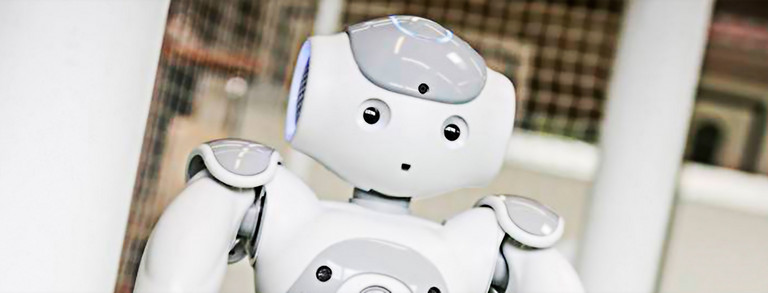Artificial Intelligence to Optimize the Evaluation of Magnetic Resonance Images
- Artificial Intelligence
- Top News
- Research

Researchers from the Faculty of Medicine of the University of Duisburg-Essen (UDE) and physicists from TU Dortmund University have launched the joint research project “k-Radiomics”. The team is developing new methods of Artificial Intelligence and Machine Learning to be able to evaluate MRI images even better in the future and thus better characterize tumors and tissue. The project is being funded by the Bruno and Helene Jöster Foundation with approximately 2.6 million euros until 2028.
In the project, the interdisciplinary research team is focusing on the raw data from Magnetic Resonance Imaging (MRI) scans, in particular the so-called k-space. Until now, these data are not sufficiently interpretable and therefore cannot be fully utilized in clinical practice to characterize tumors and tissues - and ultimately to improve the diagnosis and treatment of diseases. Therefore, the team from Essen and Dortmund is developing new AI methods for the use of such raw data. The ultimate aim is to enable improved tissue characterization in the form of “virtual biopsies”.
From the UDE, Prof. Jens Kleesiek, Prof. Jan Egger and Moritz Rempe from the Institute for Artificial Intelligence in Medicine at University Hospital Essen are heading the project; from TU Dortmund University, Prof. Kevin Kröninger and his team from the Department of Physics are also involved. The Dortmund working group is developing special machine learning procedures in the project: so-called generative neural networks that can process the complex raw data of the MRIs. These methods are then used to characterize tissue and compared with traditional methods. At the end of the project, the methods developed will be made available to other researchers as open source libraries.

Contact person for queries:




![[Translate to English:] Partner Four hands are holding the green logo of TU Dortmund University](/storages/tu_website/_processed_/1/d/csm_Partner_Nicole_Rechmann_KW_40b35bb3fd.jpg)




![[Translate to English:] Forschung An apparatus with tubes in a laboratory](/storages/tu_website/_processed_/0/c/csm_Forschung_Juergen_Huhn_cbd34afd6d.jpg)
![[Translate to English:] Studium Five students are sitting in a lecture hall. They are talking to each other.](/storages/tu_website/_processed_/c/9/csm_Studium_FelixSchmale_81d94adc86.jpg)





